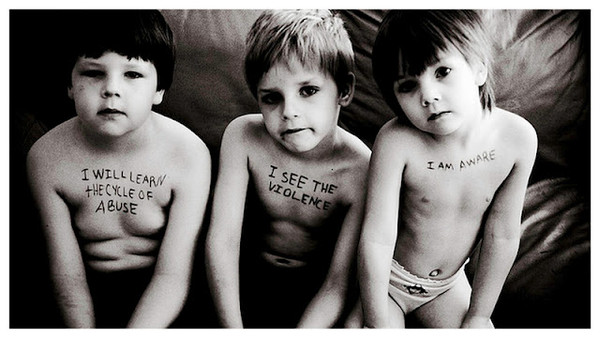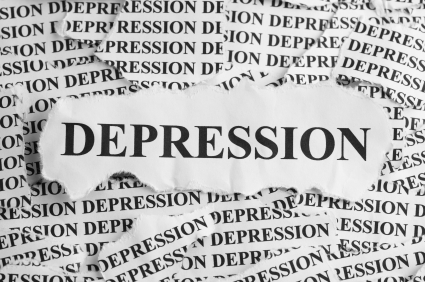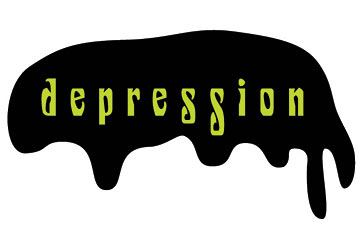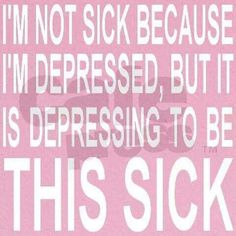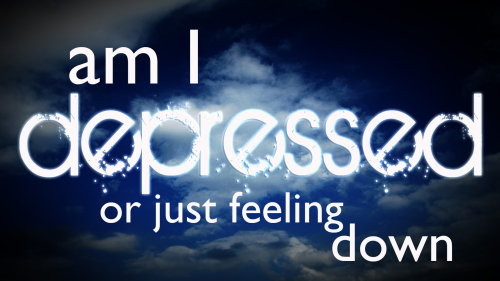Top 3 Reasons to Exercise When You’re Blue
Exercise is known to have numerous health benefits. In the past, physicians, nutritionists, and other health experts focused their research on the effect that exercise has on weight loss, boosting endurance, and beating high cholesterol levels. Recently, there has been an emphasis on mental health.
Scientists have not discovered which specific exercises are best, but we do know that exercise helps you fight the blues in the following ways:
- When you exercise, you increase your energy levels
- People who exercise get a better night’s sleep which in turn improves mood
- Exercise is one of the best distractions to help break the cycle of depressive thoughts
- Exercise settings like gyms and sport clubs help eliminate loneliness
The Science behind Exercise and Mood Elevation
A study conducted by Psychology Today found that when a person exercises for at least 30 minutes, mood improve significantly. A group of people who had been exhibiting signs of mild depression improved when they started exercising at least three times a week. Here are three reasons why exercising when you feel blue will improve your mood:
- You Release Feel-Good Hormones
When you exercise, your body releases several feel-good hormones. The most common are serotonin and endorphins. Serotonin is known for regulating mood, appetite, and sleep. Endorphins, on the other hand, are known to be relievers of pain and stress in the body.
Exercise breaks down the brain chemicals known to worsen conditions like depression. When you exercise, you reduce the effect that stress has on your brain. Exercising also helps curb the desire to self-medicate with alcohol and drugs. People who exercise regularly actually report that they feel a kind of high when they exercise. Exercise also conditions your brain in such a way that when you meet a certain goal, you feel a sense of accomplishment and this feeling is what keeps people hooked on exercise.
- You Interact with Others
There are countless exercise options for anyone who wants to boost their moods. Some of the popular options include jogging, yoga, pilates, cycling, step aerobics, kickboxing, and weightlifting. All these activities can be done in group settings. Leaving your house and getting outdoors is better for your mood than sitting inside by yourself on the couch. Many people make new friends from their exercise classes. The more you interact with other people, the more able you will be to release negative thought patterns and beliefs. Some exercises such as Zumba, cycling, and step aerobics also involve music, which is also known to be very therapeutic.
- You Get a Sense of Accomplishment
Exercise also gives you a sense of accomplishment. When you exercise, you gain strength and endurance and can potentially loss weight. Being at a healthy body weight can improve your body image, which boosts self-esteem and reduces negative thought patterns.
Setting Up a Schedule
If you are exercising purely as a way to lift your mood, experts recommend that you exercise outside. You can try activities such as hiking, mountain climbing, jogging, swimming, snorkeling, or anything else done outdoors. If you are looking for an easy way to get over the blues and start smiling again, consider signing up for an exercise class at the local gym. Yoga is also known to have help release stress and reduce anxiety. Choose the exercise type that works best for you and see how your outlook brightens.
About the author:
Erika Long loves corgis, curry and comedy. Always searching for the next great snuggle, flavor or laugh, she inspires people to live their best life now. When not writing, Erika can be found at her local brewery dominating Harry Potter trivia night.

